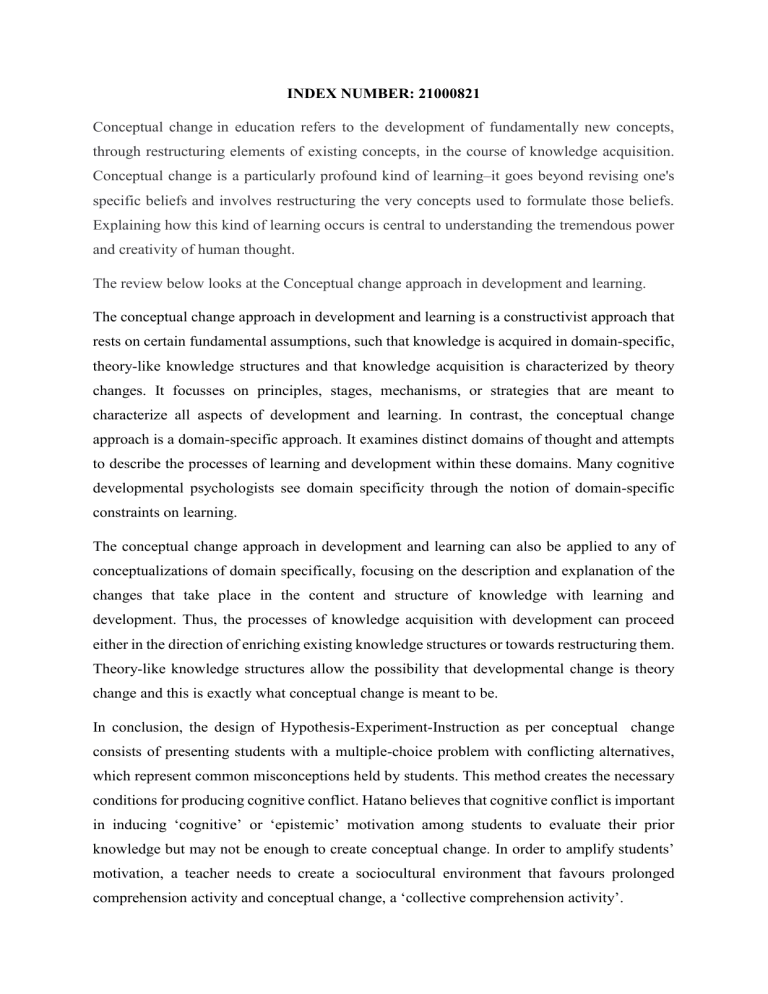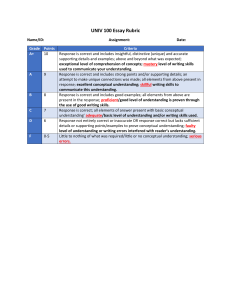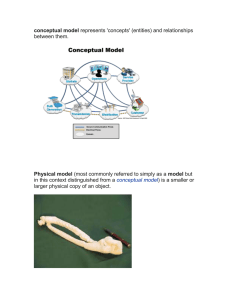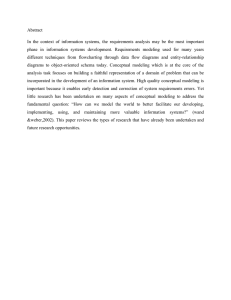
INDEX NUMBER: 21000821 Conceptual change in education refers to the development of fundamentally new concepts, through restructuring elements of existing concepts, in the course of knowledge acquisition. Conceptual change is a particularly profound kind of learning–it goes beyond revising one's specific beliefs and involves restructuring the very concepts used to formulate those beliefs. Explaining how this kind of learning occurs is central to understanding the tremendous power and creativity of human thought. The review below looks at the Conceptual change approach in development and learning. The conceptual change approach in development and learning is a constructivist approach that rests on certain fundamental assumptions, such that knowledge is acquired in domain-specific, theory-like knowledge structures and that knowledge acquisition is characterized by theory changes. It focusses on principles, stages, mechanisms, or strategies that are meant to characterize all aspects of development and learning. In contrast, the conceptual change approach is a domain-specific approach. It examines distinct domains of thought and attempts to describe the processes of learning and development within these domains. Many cognitive developmental psychologists see domain specificity through the notion of domain-specific constraints on learning. The conceptual change approach in development and learning can also be applied to any of conceptualizations of domain specifically, focusing on the description and explanation of the changes that take place in the content and structure of knowledge with learning and development. Thus, the processes of knowledge acquisition with development can proceed either in the direction of enriching existing knowledge structures or towards restructuring them. Theory-like knowledge structures allow the possibility that developmental change is theory change and this is exactly what conceptual change is meant to be. In conclusion, the design of Hypothesis-Experiment-Instruction as per conceptual change consists of presenting students with a multiple-choice problem with conflicting alternatives, which represent common misconceptions held by students. This method creates the necessary conditions for producing cognitive conflict. Hatano believes that cognitive conflict is important in inducing ‘cognitive’ or ‘epistemic’ motivation among students to evaluate their prior knowledge but may not be enough to create conceptual change. In order to amplify students’ motivation, a teacher needs to create a sociocultural environment that favours prolonged comprehension activity and conceptual change, a ‘collective comprehension activity’.




